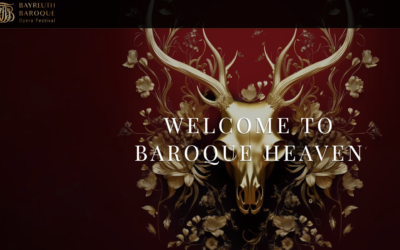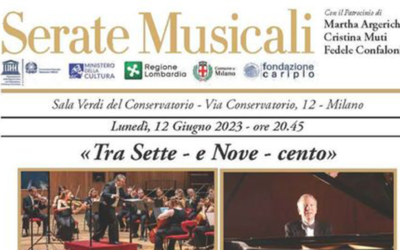Rewriting Mozart
A Revealing New Interview on His Thematic Catalogue
Introduction
Welcome to MozartrazoM, your source for in-depth research and fresh perspectives on Wolfgang Amadeus Mozart. We’re excited to present a brand-new interview that challenges many of the long-held assumptions about Mozart’s Thematic Catalogue (1784–1791). Conducted by Swedish journalist Henry Grynnsten, this conversation delves into groundbreaking forensic techniques—like advanced ink analysis and digital image processing—that may change the way we view Mozart’s late works.
"The fact is, once you start examining the Catalogue with modern tools, multiple authors become an extremely plausible reality. We see inconsistencies in the formation of musical clefs, discrepancies in the inks, and even vocabulary usage that doesn’t match Mozart’s letters."
Interview Excerpt
What You’ll Discover
- Surprising Inconsistencies: Learn how subtle differences in handwriting and ink usage raise questions about the Catalogue’s authenticity.
- Multiple Hands at Work?: Explore the possibility that Mozart’s Thematic Catalogue may have been compiled posthumously by different contributors, rather than by the composer himself.
- Far-Reaching Implications: Understand why re-evaluating the Thematic Catalogue could radically alter our view of Mozart’s late compositions—including the Clarinet Concerto and the “Jupiter” Symphony.
- Methodology and Technology: Gain insight into the cutting-edge forensic and digital analysis methods used by our team of musicologists and forensic specialists.
Curious to read the full story? Download the complete PDF below.
Click here to download the PDF interview (no registration required)
Meet the Researchers
The interview features Dr. Luca Bianchini, Dr. Anna Trombetta, and Prof. Martin Jarvis—a team of experts from the fields of musicology, palaeography, and forensic document examination. Their combined expertise offers a riveting new lens through which to study one of classical music’s most celebrated figures.
Interested in More?
- For detailed forensic evidence and further discussion, feel free to contact us directly.
- Follow us on social media for updates on upcoming articles, interviews, and events related to Mozart scholarship.
Join the Conversation
We’d love to hear your thoughts on these findings! Leave a comment below or share your reactions with us on social media. Let’s keep the dialogue alive and explore Mozart’s musical legacy from every possible angle.
Thank you for visiting MozartrazoM. We hope this interview sparks your curiosity and enriches your understanding of Mozart’s remarkable, yet still mysterious, life and work.
You May Also Like
Modern Premieres at Bayreuth
The modern premieres of Antonio Tozzi, Luigi Gatti, and Tommaso Traetta’s works at Bayreuth brought long-overlooked Italian composers back into the spotlight. These performances, transcribed and revised by Luca Bianchini and Anna Trombetta, have restored the place of these remarkable composers in music history.
Luchesi’s Concerto Revived at Milan’s Sala Verdi
A standing ovation followed the performance of our revised edition of Luchesi’s Concerto in F for piano and strings at the Sala Verdi in Milan, conducted by Maestro Giorgio Rodolfo Marini and performed by the Insubria Chamber Orchestra.
A Modern Premiere in Germany
Giovanni Pacini’s Medea, revised by Luca Bianchini and Anna Trombetta, made its modern premiere in Germany at the Theater für Niedersachsen. This monumental work was performed in full, marking a triumphant revival of Pacini’s forgotten genius.
Mozart Unveiled on Radio Vaticana
Experience the power of critical musicology as Luca Bianchini and Anna Trombetta present their groundbreaking insights on Mozart’s legacy on the prestigious Radio Vaticana. Each episode unveils secrets and challenges the myths surrounding this celebrated composer.





